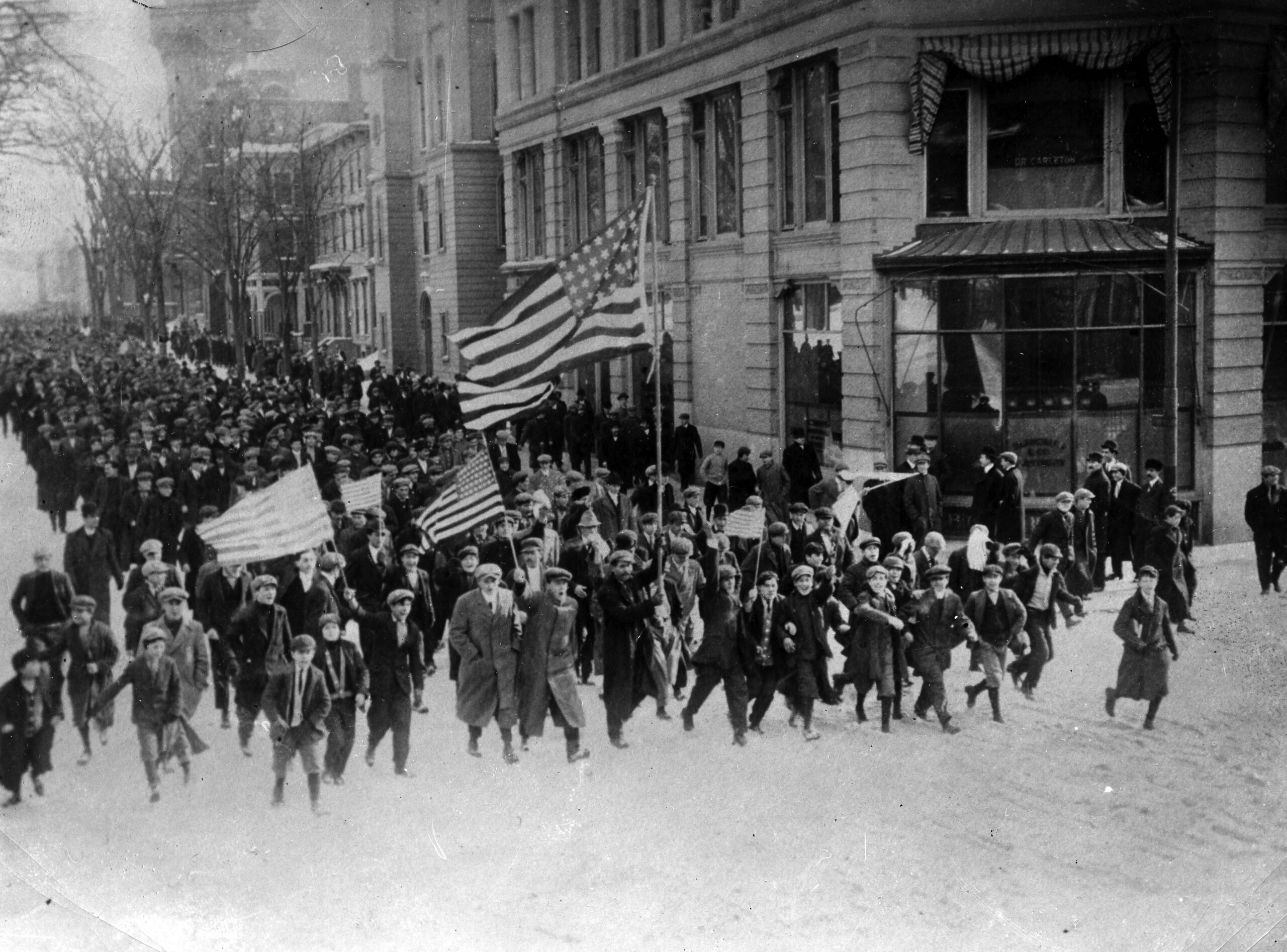I’ve written often about capitalism’s flaws, and about how capitalism distorts how we think. But never about why I feel the way I do about capitalism — why I’m a socialist.
No one ever has asked me why — but even if they did, I’d fumble through an answer. How did I get here, nearing middle age as a member of the Democratic Socialists of America with a “Bread and Roses” tattoo on my arm?
Was it hearing my dad complain about delivering packages for FedEx? Was it watching the most handy and resourceful person I’ve ever known get treated like he was expendable?
Was it watching my mom struggle to unwind after work? Was it hearing the most hardworking person I’ve ever known fret about her boss ignoring her ideas because she’s a woman?
Was it hearing white neighbors when I was growing up use the N-word to describe lower class people moving to our town?
Was it because I couldn’t make it as a musician? Was it the bartender’s eyes when he could only pay me in free beer because the club needed to make rent?
Was it watching the Occupy movement take over McPherson Square a few blocks from my band’s rehearsal space?
Is it because my heart hurts when someone says people caged in prison or living on the streets “deserve” it? Is it because my heart hurts less when I read a line like this: “’Deserve’ is a word which the possessors use as a weapon against those they dispossess,” from the communist journalist Agnes Smedley?
Is it because I found in Karl Marx’s Capital — which I first read with people as fed up, tired, lonely, and heartbroken as I was — a way of understanding why I was fed up, tired, lonely, and heartbroken?
It’s all of those things, of course. We don’t pick what encourages us to grow. We meander like a vine growing in a forest, propelled by our own inner process but also contained and guided by what we’re growing into.
But if there is one thing that’s made me a socialist — made me disinherit capitalism and want to help build something better — it’s that I’ve never wanted to accept the “singular loneliness of American individualism,” as the writer Vivian Gornick calls it.
Capitalism didn’t invent loneliness — but it deepens it. Socialist feminists like Nancy Fraser have shown how it warps social relationships:
Production moved into factories and offices, where it was considered ‘economic’ and remunerated with cash wages. [The creation and maintenance of social bonds] was left behind, relegated to a new private domestic sphere, where it was sentimentalized and naturalized, performed for the sake of ‘love’ and ‘virtue,’ as opposed to money.
Historically, [the creation and maintenance of social bonds] has been gendered. The lion’s share of responsibility for it has been assigned to women, although men have always performed some of it too. The rise of capitalism intensified this gender division.
In other words, capitalism turned the creation and maintenance of social bonds — or building community — into “women’s work” and hid it away in our homes. Inside our homes we are family, and caring for each other is too often done out of duty. Outside our homes we are individuals, rarely part of something beyond ourselves unless it’s organized around making money. Even then, the power to be free, to fully be ourselves, is uneven — there are bosses and there are workers.
I’m a socialist because we are capable of relationships beyond business owner, worker; producer, consumer; husband, wife; family, not family. We are capable of so much more with each other, and capitalism holds us back.
Why even label myself anything, let alone a socialist? Why declare that I’m against the way this society is organized, against its very DNA? Good questions. The poet Audre Lorde wrote after a close scare with breast cancer, “I was going to die, if not sooner than later, whether or not I had ever spoken myself. My silences had not protected me. Your silence will not protect you.”
I’m a writer, meditation teacher, and host of the Meditation for the 99% podcast. If you’d like to work with me on your meditation practice or being more mindful in your life, reach out.
Download my free ebook on starting and sticking with a meditation practice here.
